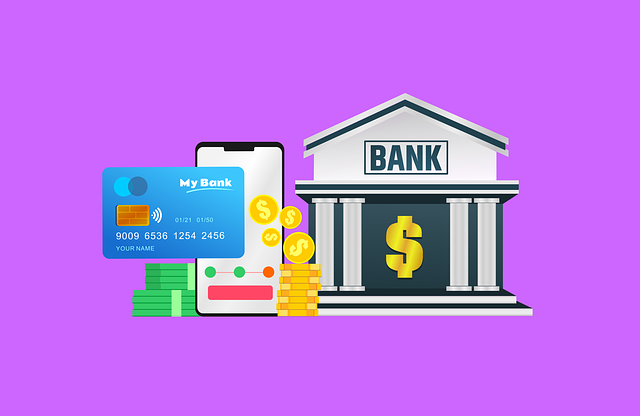Invoice factoring is a financial solution that offers small and medium-sized enterprises (SMEs) quick access to capital by selling their outstanding invoices to third-party funders (factors). Unlike traditional loans, it provides immediate funding at a discount on accounts receivable, helping businesses cover short-term needs, invest in growth, or manage day-to-day operations. By transforming unpaid customer bills into instant cash, invoice factoring aids in efficient cash flow management and boosts financial flexibility, especially during economic downturns. However, informed decisions require careful evaluation of fees, terms, and creditworthiness to mitigate risks.
“In today’s fast-paced business landscape, accessing immediate financial solutions is paramount for survival. Invoice factoring emerges as a powerful tool to unlock cash flow, offering businesses a strategic edge. This article guides you through the intricate world of invoice factoring, providing a comprehensive understanding of its benefits and processes. From unlocking funds tied up in invoices to streamlining payment collection, we’ll explore how this financing method can be tailored to meet diverse business needs. By the end, you’ll be equipped with the knowledge to make informed decisions regarding this efficient financial strategy.”
- Understanding Invoice Factoring: Unlocking Cash Flow for Businesses
- How Does Invoice Factoring Work? A Step-by-Step Guide
- Benefits and Considerations: Making Informed Decisions About Invoice Factoring
Understanding Invoice Factoring: Unlocking Cash Flow for Businesses

Invoice factoring is a financial solution that allows businesses, particularly those with outstanding invoices from customers, to access much-needed cash flow. It’s not a loan, but rather a sale of accounts receivable—the right to receive money from existing invoices. This process involves selling these invoices to a third-party funder (called a factor) at a discount, providing businesses with immediate funding.
This method is particularly beneficial for small and medium-sized enterprises (SMEs) as it offers quick access to capital, enabling them to meet short-term financial obligations, invest in growth opportunities, or simply maintain day-to-day operations without the delay associated with traditional bank loans. Understanding invoice factoring can be a game-changer for businesses seeking efficient cash flow management and financial flexibility.
How Does Invoice Factoring Work? A Step-by-Step Guide

Invoice factoring is a financial solution that enables businesses, especially those with outstanding invoices, to access quick cash. Here’s how it works in simple steps:
1. Selling Invoices: Businesses sell their outstanding invoices (unpaid bills from customers) to a third-party factor, often a specialized finance company. This involves assigning the future payments due on these invoices to the factor.
2. Immediate Cash Flow: Upon selling the invoices, the business receives a percentage of the total invoice amount as immediate cash flow. The rest is held back by the factor until the original customer pays the invoice in full.
Benefits and Considerations: Making Informed Decisions About Invoice Factoring

Invoice factoring offers a range of benefits that can be particularly appealing for businesses seeking fast financial solutions. By selling outstanding invoices to a third-party factor, companies can gain access to immediate cash flow, thereby enhancing their ability to manage operational expenses and capital requirements. This can be especially advantageous during periods of tight cash flows or unexpected economic downturns.
However, making informed decisions about invoice factoring involves considering several factors. Businesses should evaluate the fees associated with factoring services, which typically include a discount rate and potentially other charges. Additionally, understanding the terms and conditions of the factoring agreement is crucial to avoid any unforeseen penalties or restrictions. Assessing the creditworthiness of both the customers whose invoices are being factored and the factoring company itself can help mitigate risks and ensure a mutually beneficial arrangement.






